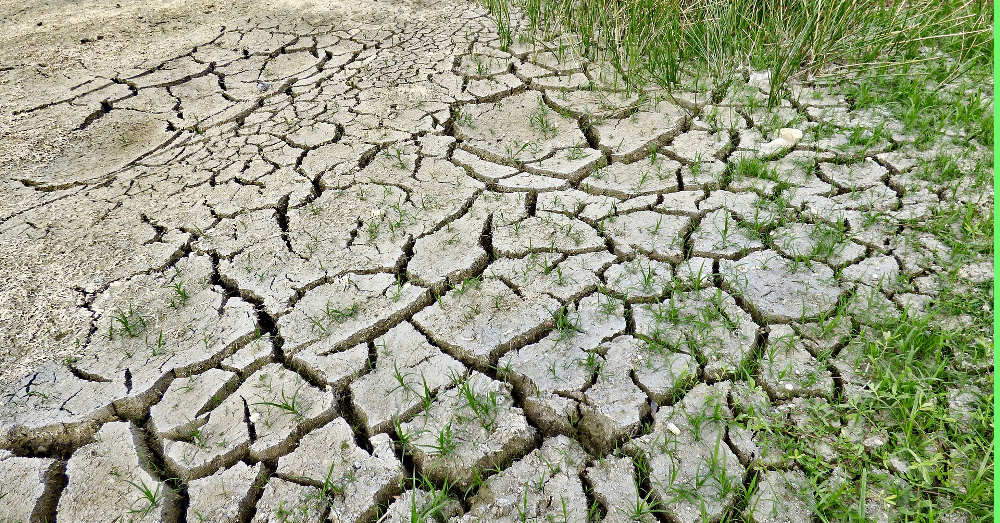
Battling Century’s Worst Drought, India’s Farmers Revive Traditional Grains
Fifteen years ago, Nel Jayaraman gave up both, returning to traditional varieties and organic farming methods that had become nearly extinct in the Cauvery river delta region where his family had lived for generations.
Since then, he has revived about 150 indigenous varieties of rice, and become an evangelist for traditional seeds and organic farming, which he sees as key to combating the impacts of climate change and protecting harvests and farmers' incomes.
August 22, 2017 | Source: Thomson Reuters Foundation | by Rina Chandran
“We should go back to traditional varieties that are suited to this soil, that can withstand these conditions. It is the only way farmers can make a decent living”
THIRUTHURAIPOONDI, India, Aug 22 (Thomson Reuters Foundation) – For Nel Jayaraman, the realisation that hybrid seeds, chemical fertilisers and pesticides were making farmers more vulnerable to extreme weather came slowly.
In fields near the town of Thiruthuraipoondi in the southern state of Tamil Nadu, Jayaraman saw yields falling and farmers’ debt rising as their reliance on modern seeds and pesticides grew, even as the rains became increasingly fickle.
Fifteen years ago, Jayaraman gave up both, returning to traditional varieties and organic farming methods that had become nearly extinct in the Cauvery river delta region where his family had lived for generations.
Since then, he has revived about 150 indigenous varieties of rice, and become an evangelist for traditional seeds and organic farming, which he sees as key to combating the impacts of climate change and protecting harvests and farmers’ incomes.
“Hybrid varieties need more water, fertilisers and pesticides. They are just not sustainable in this region,” he argued in his small office as a steady stream of farmers walked in and out to talk to him or buy seeds.
“We should go back to traditional varieties that are suited to this soil, that can withstand these conditions. It is the only way farmers can make a decent living.”
That is particularly crucial as Tamil Nadu faces its worst drought in more than a century, after the monsoon rains failed last year, he said.
